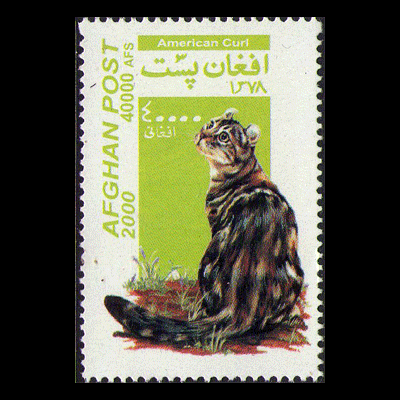
Feline cardiomyopathy
Cardiomyopathy in the cat
source: Feline Advisory Bureau Volume 39 (1) 2001
starts page 21, 2 pages long
Cardiomyopathy is disease of the heart muscle and can be classified as dilated cardiomyopathy (DCM) where the heart is enlarged, hypertrophic cardiomyopathy (HCM) where the heart muscle becomes thickened and restrictive cardiomyopathy (RCM) where the heart chamber cannot expand normally. Causes include taurine deficiency and hyperthyroidism, but previous viral disease and genetics may be factors, although the underlying cause may not always be known. Heart failure occurs when the heart cannot pump blood around the body efficiently and this leads to leakage of fluid in or around the lungs, which in turn affects lung function. Symptoms of heart failure include breathlessness, poor appetite and lethargy; high blood pressure and blood clots can be complications. Diagnosis is by x-ray, ECG and ultrasound as well as blood tests. Cardiomyopathy is usually progressive and treatment is aimed at removing fluid in or around the lungs with diuretics, and supporting heart function with therapies such as ACE inhibitors, calcium channel blockers, beta blockers and digoxin. Low doses of aspirin may also be used to reduce the risk of blood clots, and a low salt diet will help sodium retention.
CA,HD


